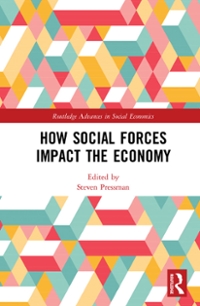Question
1) Which of the following is true of an irrevocable living trust? A) The trust cannot be changed once it is established. B) The grantor
1) Which of the following is true of an irrevocable living trust?
A) The trust cannot be changed once it is established.
B) The grantor can withdraw all the assets out of the trust while they are still alive.
C) The trust allows beneficiaries to make decisions regarding the use of the assets held in the trust.
D) It is possible for the grantor to change beneficiaries after the trust has been established.
2) Suppose an investment scheme offers you a high return at a low risk.
What does an offerlike this indicate? A) It indicates that investors have faith in the success of the investment scheme.
B) It indicates that the scheme might be deceptive orfraudulent.
C) It indicates that the risk will increase if new investors invest in the scheme.
D) It indicates that the money in the scheme is managed by financial experts.
3) In which of the following scenarios is the individual paying an insurance deductible?
A) Sam pays 20% of his insurance costs and his employer pays the remaining 80%.
B) Alina pays $200 toward her fire insurance every month.
C) Simon pays a standard rate of $25 every time he has a doctor's appointment, while his insurance pays the remaining amount.
D) Raul pays $3,500 to repair damages to his house before his insurance begins to cover the costs.
Step by Step Solution
There are 3 Steps involved in it
Step: 1

Get Instant Access to Expert-Tailored Solutions
See step-by-step solutions with expert insights and AI powered tools for academic success
Step: 2

Step: 3

Ace Your Homework with AI
Get the answers you need in no time with our AI-driven, step-by-step assistance
Get Started


